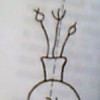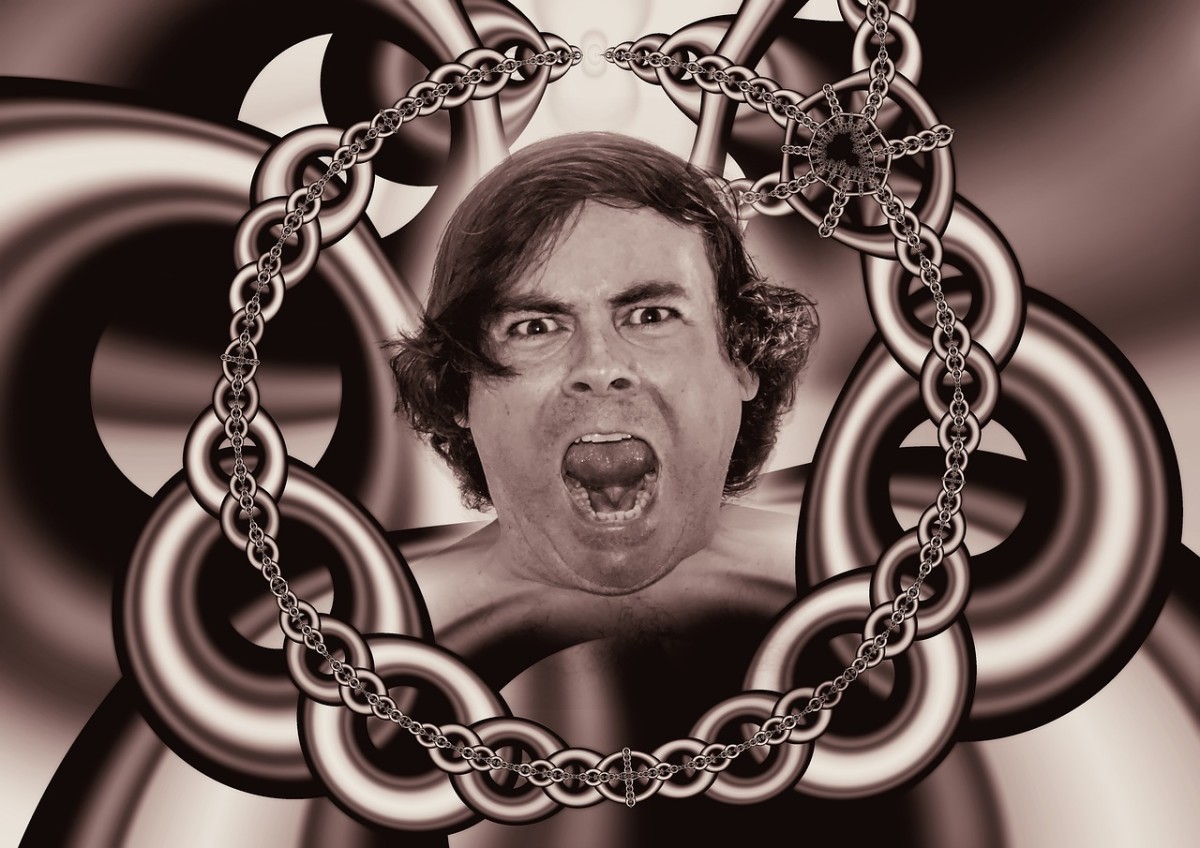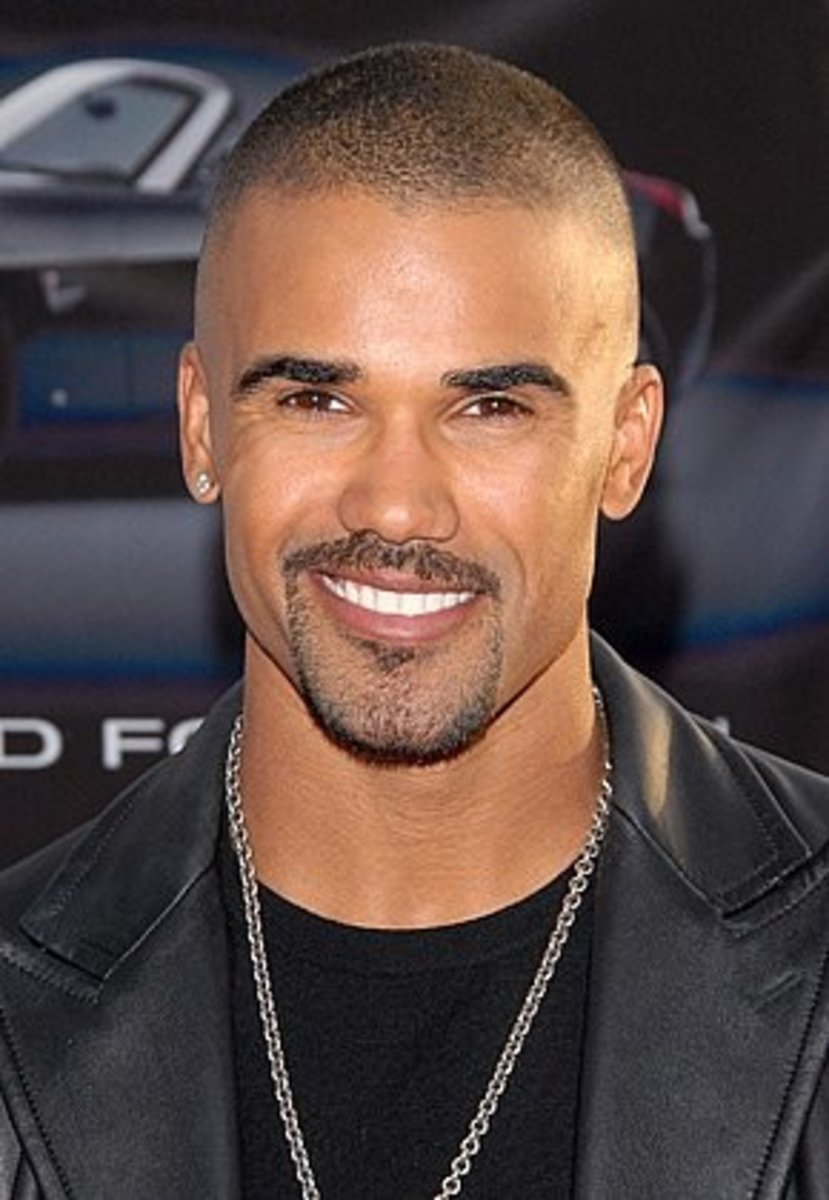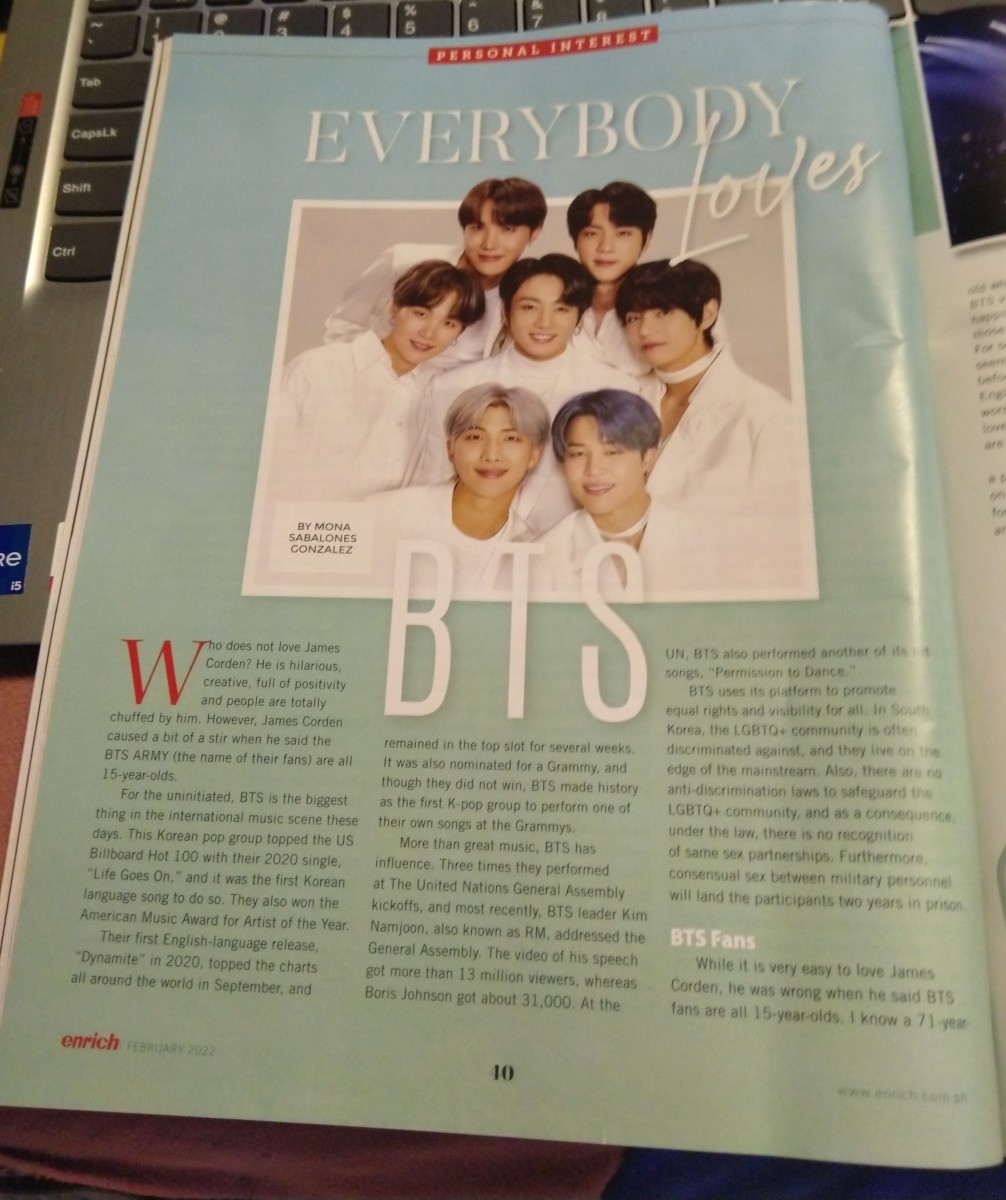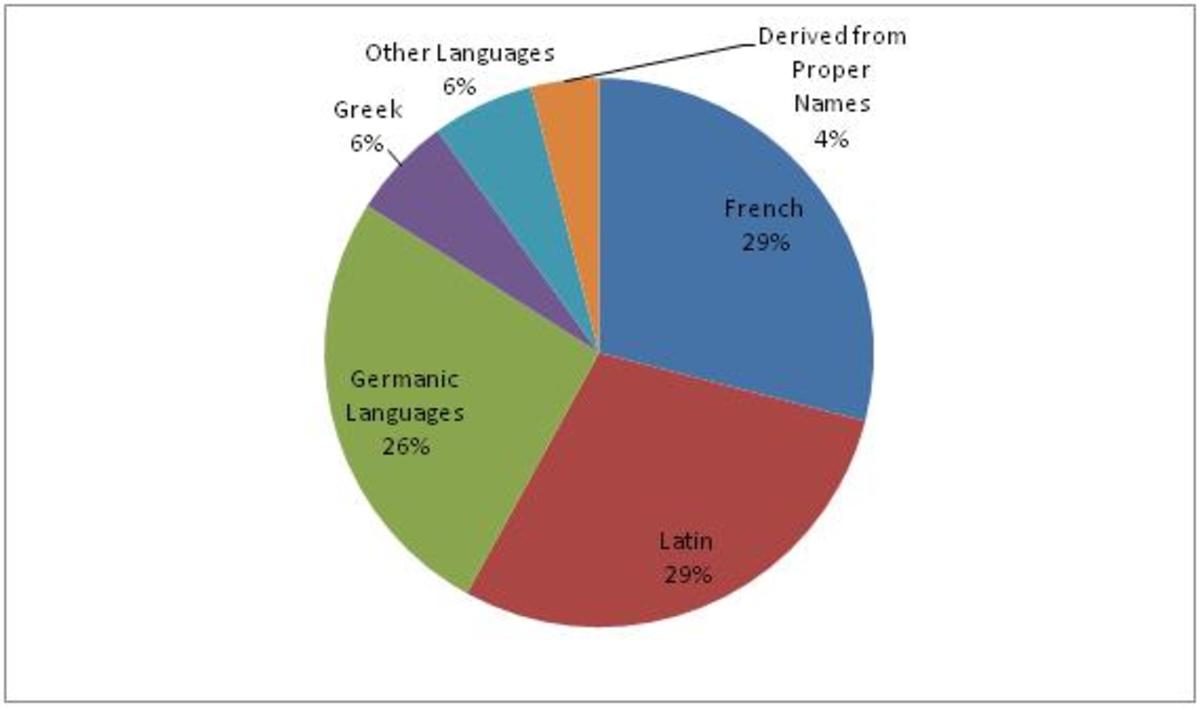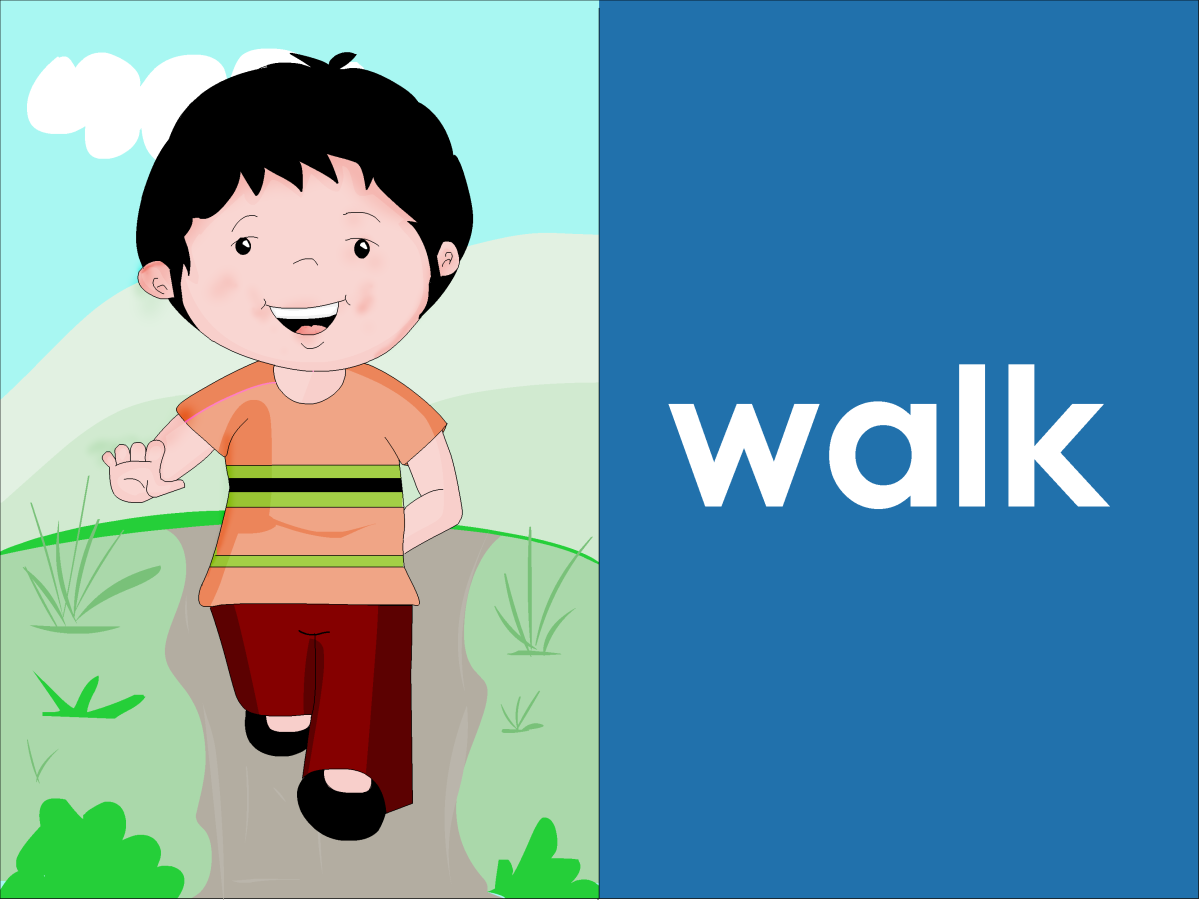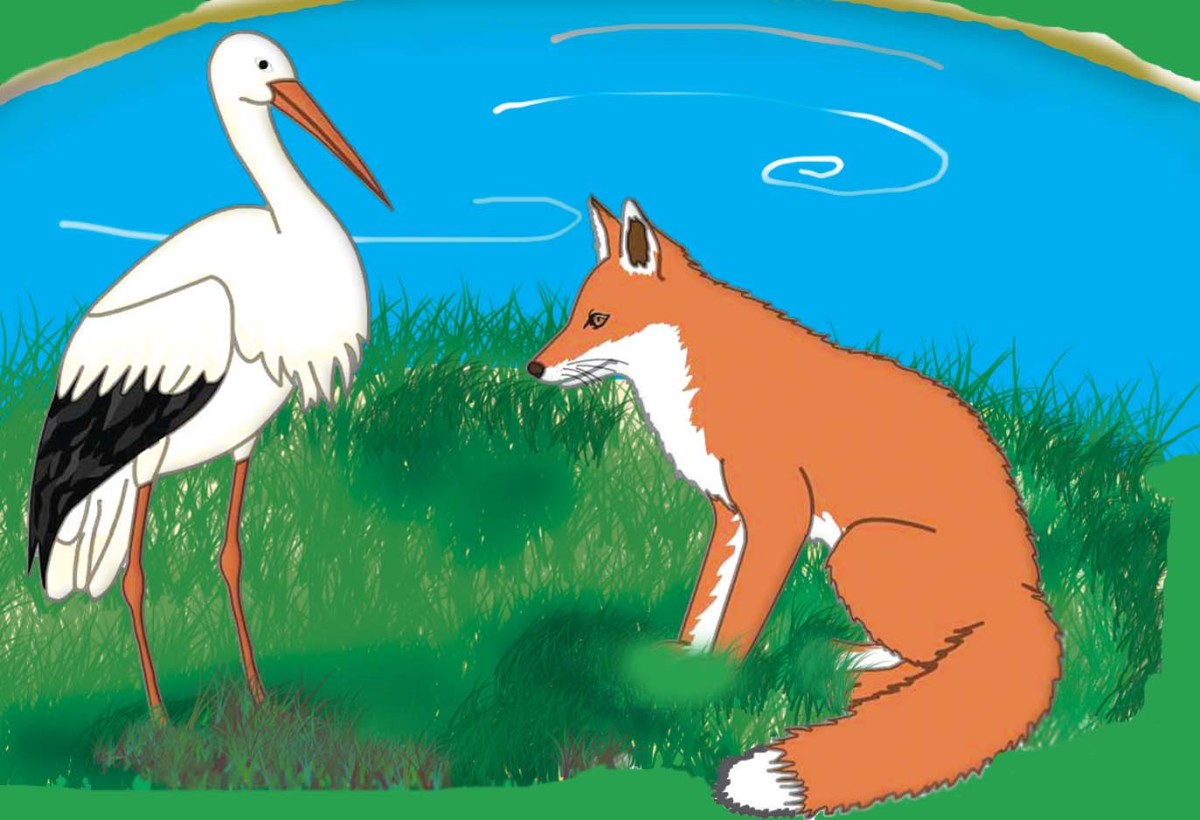Are we good parents?
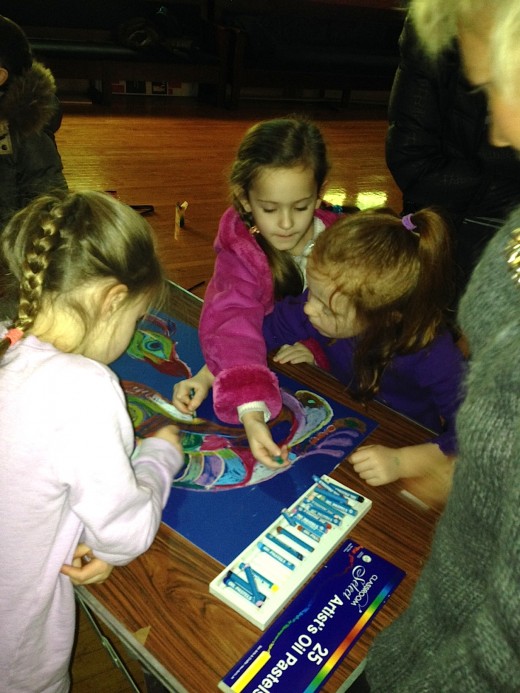
Janet’s children, or: are we good parents?
A subject without an end
I ran into Janet at a Suzuki cello recital at a music school.
I recognized her, but could not remember where I had seen her before. I thought that we may have met at the French school, where my son had studied for nearly two years. However, it turned out that she remembered us from the Chinese school, where my son was learning Chinese.
During one of the music lessons I noticed that Sarah, Janet’s four and a half year old daughter, (at that time, I think she is almost 20 by now) didn’ t simply drag the bow on strings, but was clearly aware of playing music. From her mother I learned that Sarah began taking cello lessons when she was two and a half years old! I must admit I was shocked.
When I shared this information with my daughter , she began to laugh: “And now what,” she wondered, “are you now going to regret that Joseph did not start playing the cello when he was a baby?”
I won’t regret it, but I am shocked and I do admire parents like Janet – a Chinese woman from Singapore, married to Michael, an American Jew. Their oldest son has been playing the violin for two and a half years, now he plays hockey as well. Both their son and daughter studied French at a Montessori school three times a week. The children speak Chinese and English at home, and French to each other.
Janet told me that she began to take Sarah to music lessons at Gymboree when she was three months old. Joseph and I started his music lessons when he was 18 months old. Certainly, my son had “heard” music while I was pregnant with him, since I continued to give music lessons almost up to his birth. When he was a month old, we sat together at the piano. When he was six months old, he already sat at the piano by himself, playing random notes.
Later, when I organized the spring music festival at his French school, my three-and-a-half year old Joseph and I played a duet for the first time. I used both hands, while he used two fingers of each hand.
Now Joseph is 20 years old. At the age of five, he could speak Russian, English, and a bit of French and Chinese. He also listened and repeated Korean words during his TKD lessons.
Together we participated in an interesting program on simultaneous development of seven languages, which was based on a Japanese system, a family club “Hippo.” During that time, he began each morning by reading or singing in Japanese or German. When Japanese women stayed with us as guest from “Hippo”, he, at two years of age, proudly showed them where Japan and Tokyo were located on a map.
In my opinion, Joseph’s natural talents have diminished since he started school. Usually in the morning, during breakfast, we studied American and world geography using a world map printed on a place mat. When he was eighteen months old he could locate several states,
at two, he could locate about ten; he could find Russia, China, Africa, and America on a globe.
I once attended a seminar where I learned how to teach babies to read, and I practiced this with Joseph. In a short time, my son could read fairly well using this system. But as soon as he went to school and we abandoned this task, the responsibility of teaching my son was given to the school, especially since a considerable amount of money had been paid for this cause (it was an expensive French-English school).
Certainly, we went to museums, exhibitions, concerts, performances, the circus, all available children’s shows, zoos, and farms. By the age of thirteen, Joseph visited eleven countries, ten states, some of them twice. And now its 15 countries.
When he was three months old, I read to Joseph books in Russian, English, Hebrew, French and sometimes in Spanish. His English vocabulary is extensive enough, and in Russian he, like any foreigner, would sometimes quote A. Pushkin or K. Chukovsky. Sometimes he’ll combines different languages in one sentence.
At three years of age, Joseph found that by using only black keys on the piano, he can play “Chinese” music, since this is the same scale pentatonic on which Chinese music is based. I was impressed when he said that he would play Chinese music for me -- and he did.
In Brittany, in France, the four-year old Joseph found that the Britton flag resembles the American flag, except that it uses other colors and uses crosses instead of stars. Our French friends never reflected on this, and were truly surprised at this discovery, especially since the Britton flag is much older than the American one.
First and foremost, I try to be a friend to my children (Joseph’s sister is thirty one years old, with five degrees in science, art and philosophy, and speaks six languages), and only then an instructor and parent. Sometimes, however, it is necessary to remind who is who. I always listen to my children’s opinions, thoughts, and wishes. Once in Canada I was driving on unfamiliar roads towards the border. In my opinion, I was following directions. But the four-year-old Joseph, my only passenger, noticed that we were going the wrong way. I continued to drive, but he insisted that I should stop and check the route. In the end, it turned out that he was right. Having stopped the car, I asked the passing drivers and was extremely surprised to find out that we had passed our exit and had to go back. I thanked my son and we went to look for the right way.
At the Museum of Science in Boston, at the age of four of five, Joseph happily conducted experiments in the section for young scientists. I think his goals of analyzing, surveying, and observing are very important and useful. He analyzed the origin of words, searching for their general root, compared languages, similarity in pronunciation. He fluently translates simple texts for his father, who speaks only English. But Joseph also learns to be a man, to be able to hold a hammer, to do simple house repairs, and to protect his mother and a sister. I am convinced that this is very important for a boy or young man.
I have often been asked questions such as :“ Why Chinese?” “Why the cello?” Because at two-and-a-half years of age, a child cannot choose for himself..
Unfortunately, the problem of absolute freedom of choice often ends up in a tragedy, since many people simply do not know what they aspire to or what they wish to become. I am convinced that the fault lies with the parents. I believe that it is necessary to help a child find himself, by paying attention to his desires and abilities. For example, I prepared Joseph for playing the cello, showed him different instruments and listened to their sounds with him. Then I simply took him to cello recital when he was three years old. After listening to young cellists, he also wanted to play the cello and to appear on stage. At eight, Joseph played in the orchestra at the SummerInternationalCenter in Michigan, at nine and ten years of age he won an International Competition of Chamber Music in Boston, received two bronze medals, and soon added the saxophone and drums, which he began to learn to play when he was nine months old.
Joseph said that he wished to be an architect or engineer. He spends time at the university laboratories and in the Museum of Science, in sections on robot creation. In 11th grade, he got 2 medals on Skills USA . After he finished school he received a technical diploma.
It is already possible to see some results; all of his lessons– music, languages, sports, art, reading – were useful. At eleven, Joseph received his first credits from Washington State University for a Student-Ambassador program after returning from Europe – his diary from England and Scotland was accepted as coursework, and had been published by a local newspaper.
Some of his art work has been sold at an auction as a benefit to a local library. He frequently takes part in concerts at nursing homes, libraries, hospitals. His poems have been published in local newspapers, and he was interviewed on a local TV station when he created his first cartoon. Few years ago he played on a winning basketball team and on summer of 2009 he was at Bryn Mawr college summer program for Gifted and then in Princeton.
When he was little, people called him “Professor.” He didn’t understand the meaning of this word and would say “No, I am a boy!” And he was right. He is a young man right now, next year he will get a diploma of business man. He traveling a lot,and knows so far what he wants to do in coming future. Good job my son!
© 2009 eneva
